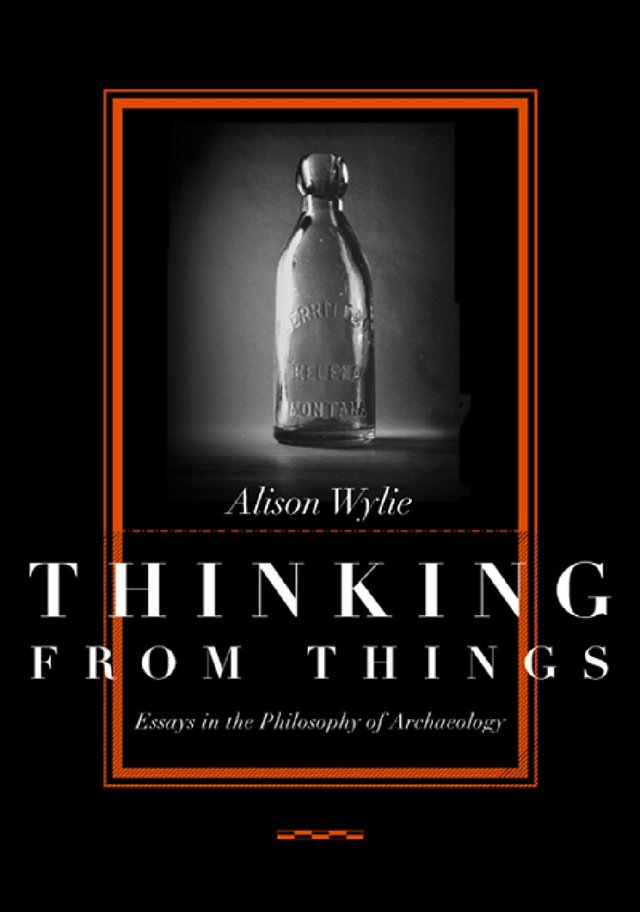you Are The Most Important Things To Know?
The most important things to know are the meanings of signs
What are the most important things to know
The definition of knowledge is a matter of ongoing debate among philosophers in the field of epistemology
Symbolic representations can be used to indicate meaning and can be thought of as a dynamic process. Hence the transfer of the symbolic representation can be viewed as one ascription process whereby knowledge can be transferred. Other forms of communication include observation and imitation, verbal exchange, and audio and video recordings. Philosophers of language and semioticians construct and analyze theories of knowledge transfer or communication.
One might object that while not knowing language might render much of human behavior inchoate, it wouldn’t render all behavior nonsense, and it isn’t too big of a problem for nonlinguistic creatures. This is why the most important things to know are the meaning of signs generally, and this is more fundamental than knowing what particular words or sentences in a given language mean. For example, suppose you are asleep and awaken to the smell of smoke: the smell of smoke is not a part of a language, but it is a sign of something, i.e. fire; and being able to correctly interpret that sign as fire can mean the difference between being burned alive in one’s pyjamas and living another day. And so, while not every animal knows a language, it is critical to the survival of all animals that they know the meaning of at least some signs. For a cat who fails to distinguish between the pitter-patter of scurrying prey (a mouse) and the howl of a predator (a coyote) may not dine, but be dined upon.
Situated knowledge is knowledge specific to a particular situation. It is a term coined by Donna Haraway as an extension of the feminist approaches of "successor science" suggested by Sandra Harding, one which "offers a more adequate, richer, better account of a world, in order to live in it well and in critical, reflexive relation to our own as well as others' practices of domination and the unequal parts of privilege and oppression that makes up all positions. This situation partially transforms science into a narrative, which Arturo Escobar explains as, "neither fictions nor supposed facts." This narrative of situation is historical textures woven of fact and fiction, and as Escobar explains further, "even the most neutral scientific domains are narratives in this sense," insisting that rather than a purpose dismissing science as a trivial matter of contingency, "it is to treat (this narrative) in the most serious way, without succumbing to its mystification as 'the truth' or to the ironic skepticism common to many critiques.

Hi! I am a robot. I just upvoted you! I found similar content that readers might be interested in:
https://philosophynow.org/issues/94/What_Are_The_Most_Important_Things_To_Know